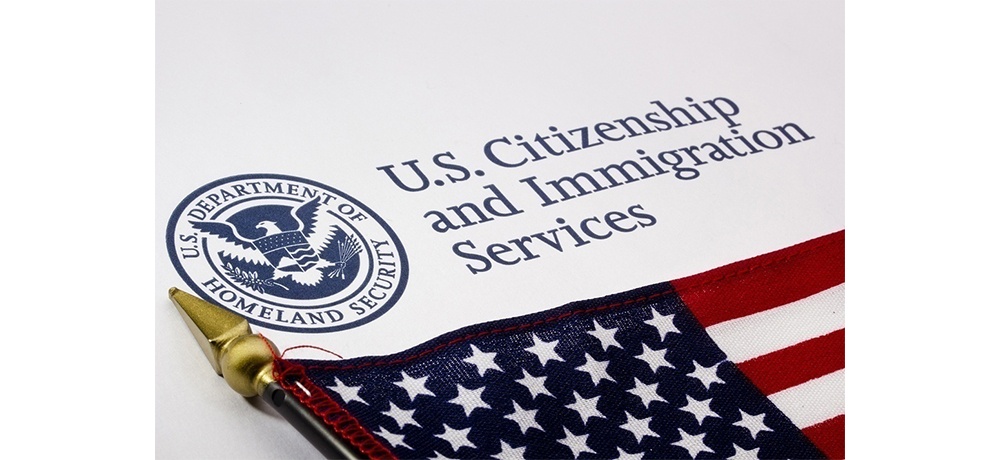
U.S. D.C. Court of Appeals Allows a Lawsuit that Challenges the validity of the H-4/EAD program to continue
Categories: Attorneys , Business Immigration , Business Law , Citizenship , Citizenship Green Cards , Commercial Litigation , Commercial Transactions , Corporate Law , Green Cards , Immigration Law , International Law , Investment Visas , Law Firm , Lawyers , Legal Services , Real Estate , Software Agreements , Technology Law , Trusts And Estates
Pasricha & Patel Takeaways:
On November 8, 2019, the U.S. Court of Appeals for the District of Columbia Circuit reversed the lower district court’s initial grant of summary judgment in favor of the Department of Homeland Security (DHS) and concluded that the plaintiff Save Jobs USA, an advocacy group that represents a group of U.S. technology workers, do have legal standing to challenge the DHS’s H-4 dependent spouse’s employment authorization (EAD) program. The Circuit Court found that the plaintiff Save Jobs USA has shown that its members face actual or imminent labor market competition from foreign nationals because of the H-4 EAD program.
The D. C. Circuit is remanding this case back to the U.S. D.C. District Court, and it will now consider whether the DHS exceeded its authority when it created the H-4 EAD program. This was an issue that the D.C. District Court did not consider in the earlier ruling.
The Employment Authorization for Certain H-4 Dependent Spouses Rule, 80 Fed. Reg. 10, 284, 10,285 (Feb. 25, 2015) (codified at 8 C.F.R. §§ 214.2, 274a) (“H–4 Rule”), which is commonly known as the H-4 EAD Rule, was put in place in February 2015. The H-4 EAD Rule was created to mitigate any financial hardships that H-1B visa holders and their family members may face while they wait to become permanent residents in the United States. H-1B employees and their family members often face long delays, as long as a decade or even longer years for certain countries (i.e. India, and China), during the process of obtaining legal permanent resident status.
The H-4 EAD Rule allows certain H-4 visa holders to work using an employment authorization document (EAD). This is a way to incentivize their H-1B spouses to stay in the U.S. until they become legal permanent residents. The H-4 EAD Rule was designed to minimize the disruptions to American businesses employing H-1B workers caused when H-1B employees leave the company and country due to prolonged wait, and the H-4 spouse not being able to seek employment in the United States during all that time.
In April 2015, Save Jobs USA, which is an advocacy group that is compromised of American technology workers who were employed at Southern California Edison, filed a complaint for declaratory and injunctive relief and a motion for preliminary injunction staying the implementation of USCIS’s final rule on employment authorization for certain H-4 dependent spouses. In September 2016, the U.S. District Court for the District of Columbia concluded that Save Jobs USA had lacked Article III standing as it failed to demonstrate that the H-4 EAD Rule would cause its members injury. However, on November 8, 2019, the D.C. Circuit Court of Appeals reversed the lower District Court’s judgment and concluded that the H-4 EAD Rule would subject Save Jobs USA’s members to an actual or imminent increase in competition. And so Save Jobs USA has been determined to have legal standing to challenge the H-4 EAD Rule. In this same ruling, the D.C. Circuit Court also stated that this case will likely be moot because of the DHS’s promised rescission of the H-4 EAD Rule., which the DHS has estimated will take place not until the spring of 2020.
Even though this latest Circuit Court of Appeals decision does not immediately decide the fate of the H-4 EAD program, with the potential rescission of the H4 EAD program in the near future, H-1B visa holders and their family members will have to start to decide and plan what their long-term plans. Some may even decide that it would be financially difficult to revert back to a single-income household.
But it is also important to note that as of now, the H-4 EAD program remains active, and eligible H-4 spouses may continue to apply for, and renew their EAD cards with the USCIS.
We will continue to monitor this fluid situation, and we encourage all readers to visit our site regularly for any status updates on this matter. And should the reader have any further questions about H-4 EAD program and eligibility questions, we encourage you to contact our office for further consultation.